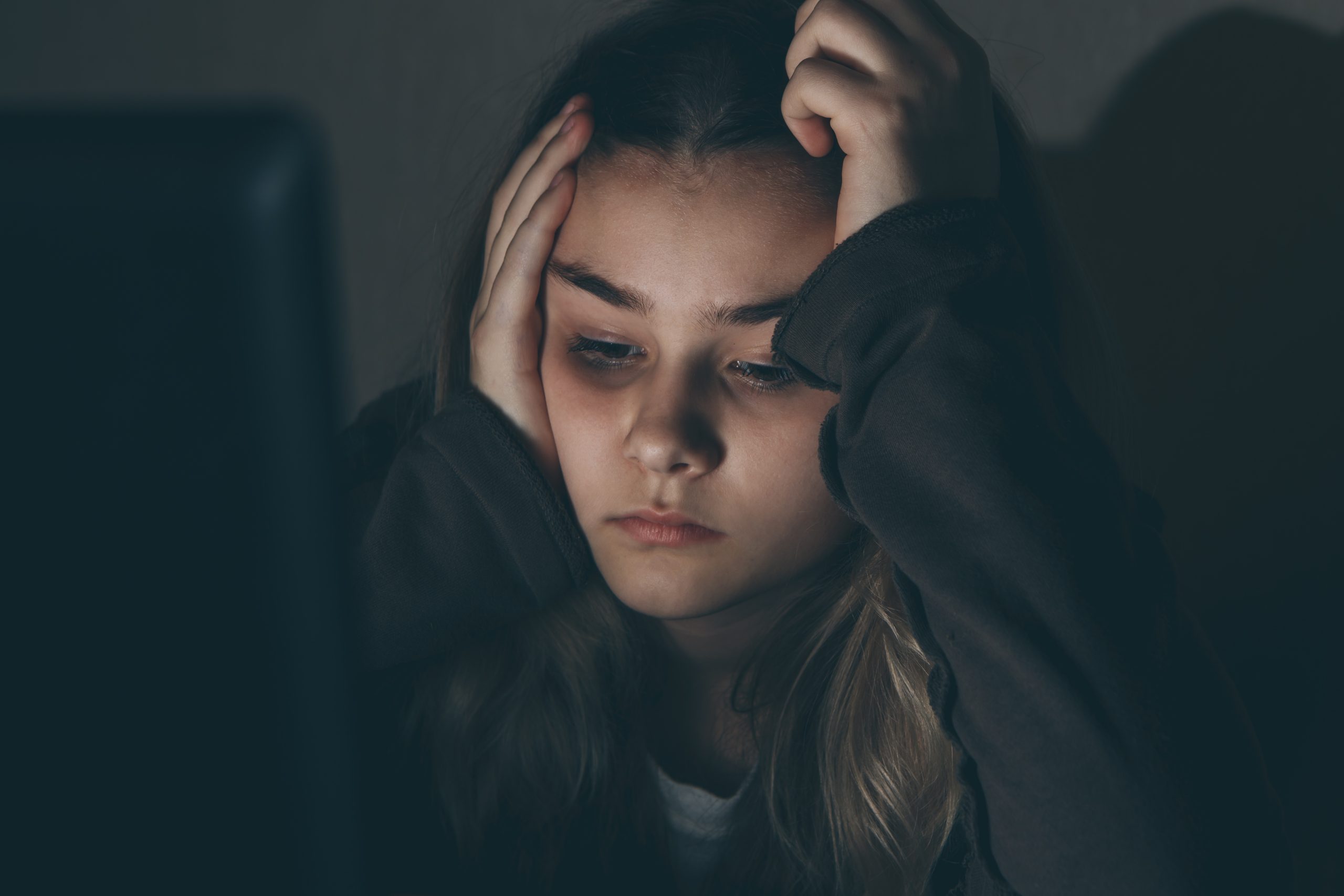
Childhood today looks nothing like it did just a couple of decades ago. With smartphones and social media taking over, kids are growing up in a world where likes, shares, and online trends dictate much of their experiences. While social media has its perks, it also comes with serious downsides that many parents and educators worry about. From mental health struggles to shorter attention spans, the effects of constant online exposure are undeniable. Let’s take a closer look at eight ways social media is reshaping childhood—and not for the better.
1. Increased Anxiety and Depression
Social media creates unrealistic expectations that kids feel pressured to meet. Seeing carefully curated posts from influencers and peers can lead to comparison, making children feel like they’re not good enough. The constant need for validation through likes and comments can take a toll on self-esteem. Studies have shown a strong link between heavy social media use and increased anxiety and depression in young users. The pressure to be “perfect” online is overwhelming for developing minds.
2. Shorter Attention Spans
With endless scrolling and rapid-fire content, kids are being conditioned to expect instant gratification. Social media platforms are designed to hold attention in short bursts, which makes it harder for children to focus on longer tasks. Many teachers report that students struggle more with concentration and patience in the classroom. Reading books, doing homework, or even sitting through a conversation can feel boring compared to the fast-paced world of social media. Over time, this shift can impact critical thinking skills and academic performance.
3. Exposure to Inappropriate Content
Even with parental controls, kids can easily come across harmful or age-inappropriate material on social media. Algorithms sometimes push extreme content, from violence to misinformation, that young minds aren’t equipped to process. Many children are exposed to unrealistic beauty standards, unhealthy diet trends, or even cyberbullying without fully understanding their impact. Social media platforms struggle to filter out harmful content, leaving children vulnerable to dangerous influences. Without proper guidance, this exposure can shape their perceptions in unhealthy ways.
4. Less Face-to-Face Socialization
Before social media, kids spent more time playing outside, interacting with peers, and developing real-world social skills. Now, many prefer chatting through screens rather than having face-to-face conversations. While online interactions can be fun, they don’t offer the same depth as real-life friendships. Many children struggle with basic social cues and conflict resolution because they’re so accustomed to digital communication. This lack of in-person interaction can make it harder for kids to build meaningful relationships as they grow.
5. Increased Risk of Cyberbullying

Unlike traditional bullying, cyberbullying follows kids home and can happen 24/7. Hurtful comments, rumors, and exclusion now take place online, where they can spread quickly and cause lasting emotional harm. Many children are afraid to speak up about cyberbullying, fearing it will make things worse. The anonymity of social media sometimes encourages cruelty, making it easier for kids to say things they wouldn’t in person. The mental health consequences of online bullying can be severe, leading to long-term emotional scars.
6. Unrealistic Beauty Standards
Filters, photo editing, and influencers pushing perfection create an unattainable standard for kids to compare themselves to. Many young users believe they need to look a certain way to be accepted, leading to body image issues at an early age. Social media platforms are filled with diet trends, cosmetic procedures, and unrealistic portrayals of beauty. This constant exposure can make children feel insecure about their appearance before they even reach their teenage years. Instead of embracing their natural looks, many kids feel pressured to alter themselves to fit an online ideal.
7. Disrupted Sleep Patterns
Many kids stay up late scrolling through social media, even when they should be sleeping. The blue light from screens interferes with melatonin production, making it harder to fall and stay asleep. Poor sleep can lead to mood swings, trouble concentrating, and weakened immune systems. Social media also creates FOMO (fear of missing out), keeping kids glued to their phones long after bedtime. Over time, this sleep disruption can impact both physical and mental health, affecting growth and development.
8. Pressure to Grow Up Too Fast
Social media exposes kids to trends, conversations, and behaviors meant for older audiences. Many children feel pressured to act older than they are, engaging in discussions or fashion trends they might not fully understand. The desire to fit in online can push kids into situations they aren’t emotionally ready for. Instead of enjoying a carefree childhood, many feel the need to craft an image that makes them seem more mature. This loss of innocence can lead to stress and anxiety that children shouldn’t have to deal with at such a young age.
Protecting Childhood in a Digital World
Social media isn’t going away, but that doesn’t mean kids should be left to navigate it alone. Parents, educators, and guardians need to have open conversations about online safety, mental health, and setting boundaries. Encouraging offline activities, promoting real-world friendships, and setting limits on screen time can help balance social media’s influence. Childhood should be a time of exploration, creativity, and genuine human connection—not just likes and comments.
What are your thoughts on social media’s impact on kids? Leave a comment below and join the conversation!
Read More:
10 Shocking Ways social media is Fueling Childhood Anxiety
12 Things You Should Never Do on Social Media

Latrice is a dedicated professional with a rich background in social work, complemented by an Associate Degree in the field. Her journey has been uniquely shaped by the rewarding experience of being a stay-at-home mom to her two children, aged 13 and 5. This role has not only been a testament to her commitment to family but has also provided her with invaluable life lessons and insights.
As a mother, Latrice has embraced the opportunity to educate her children on essential life skills, with a special focus on financial literacy, the nuances of life, and the importance of inner peace.
